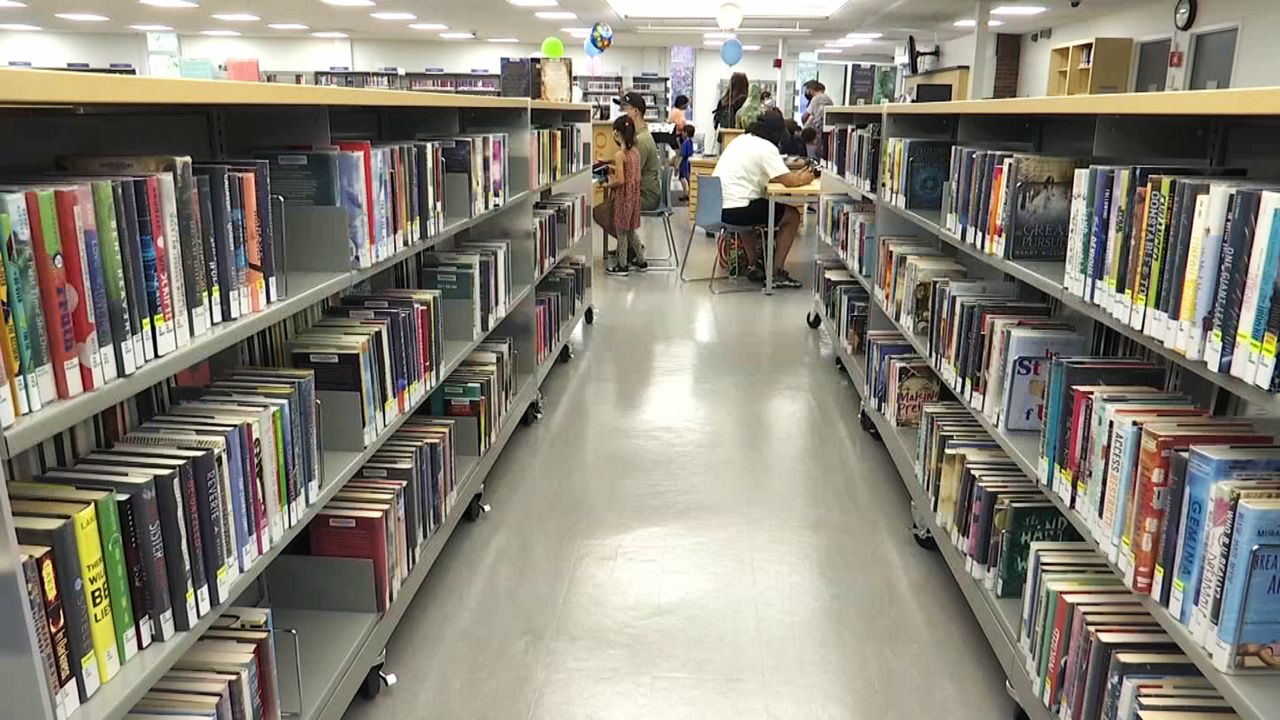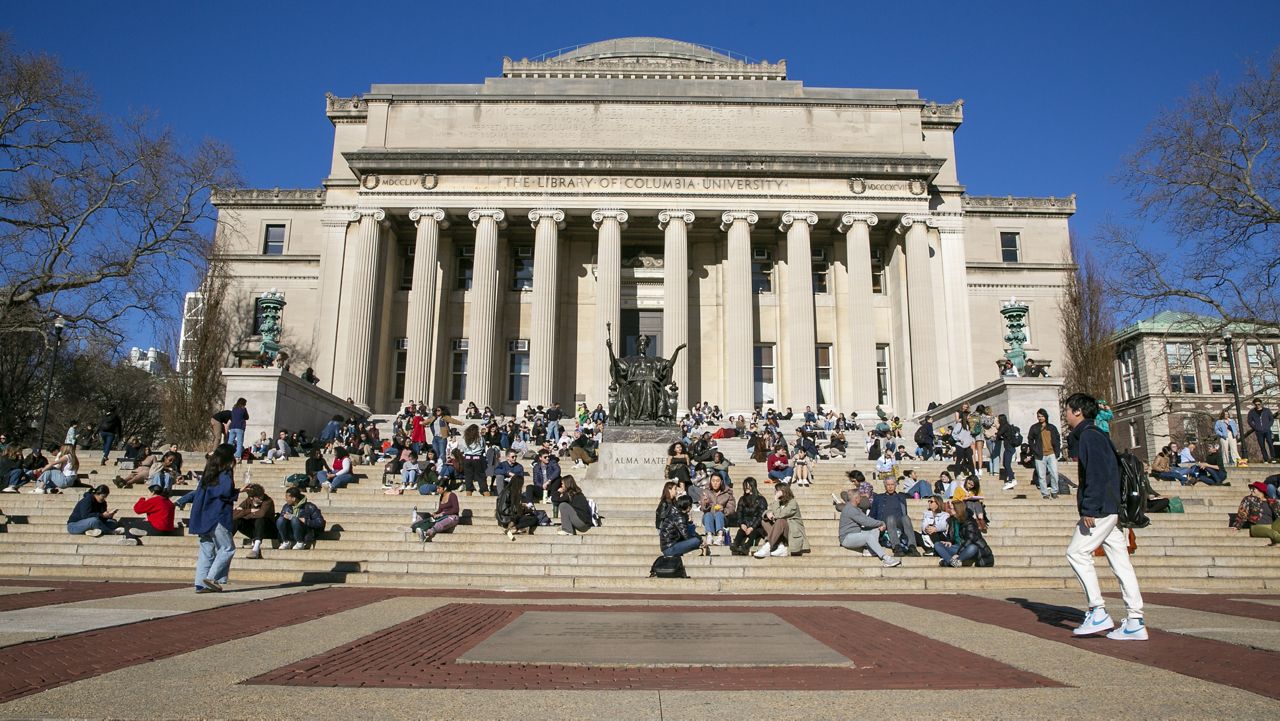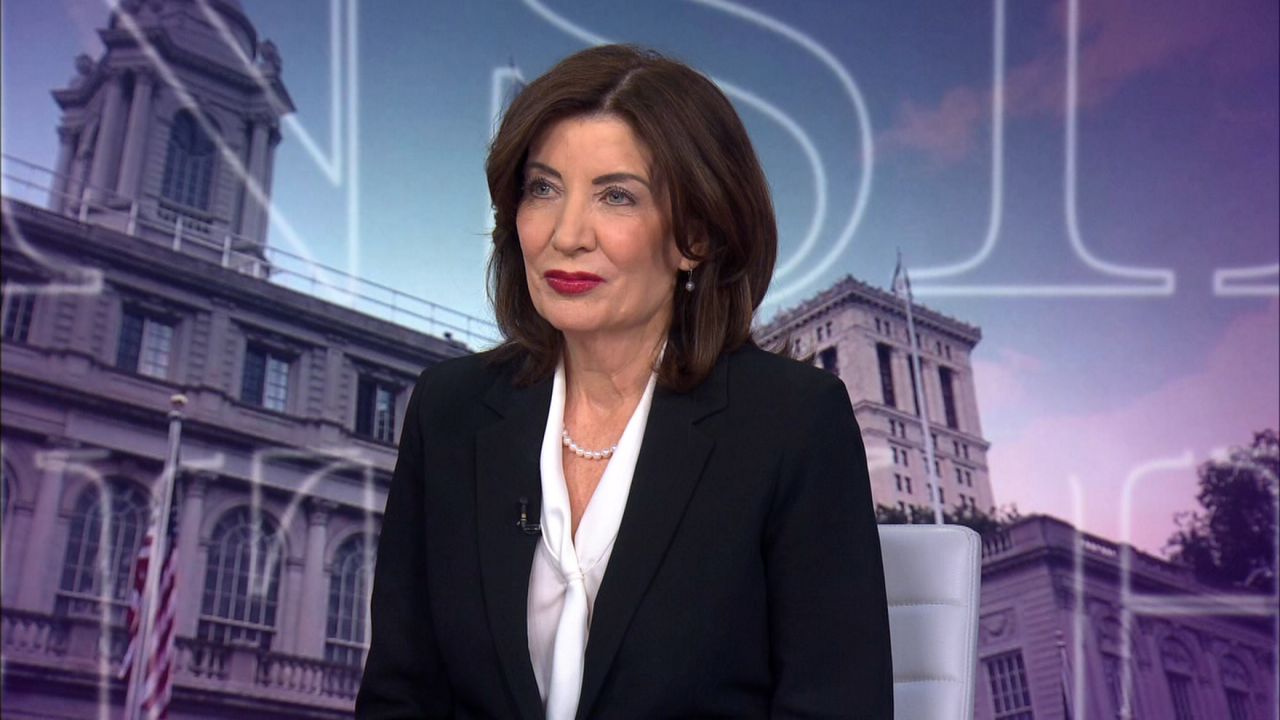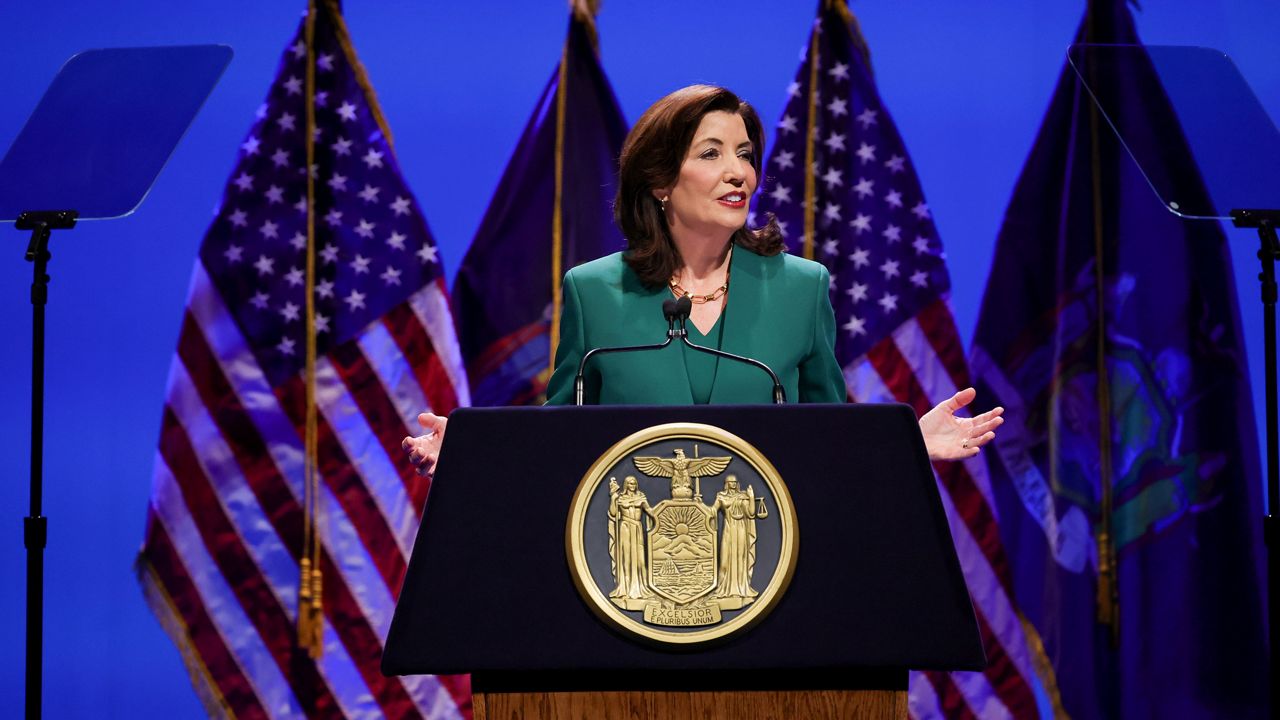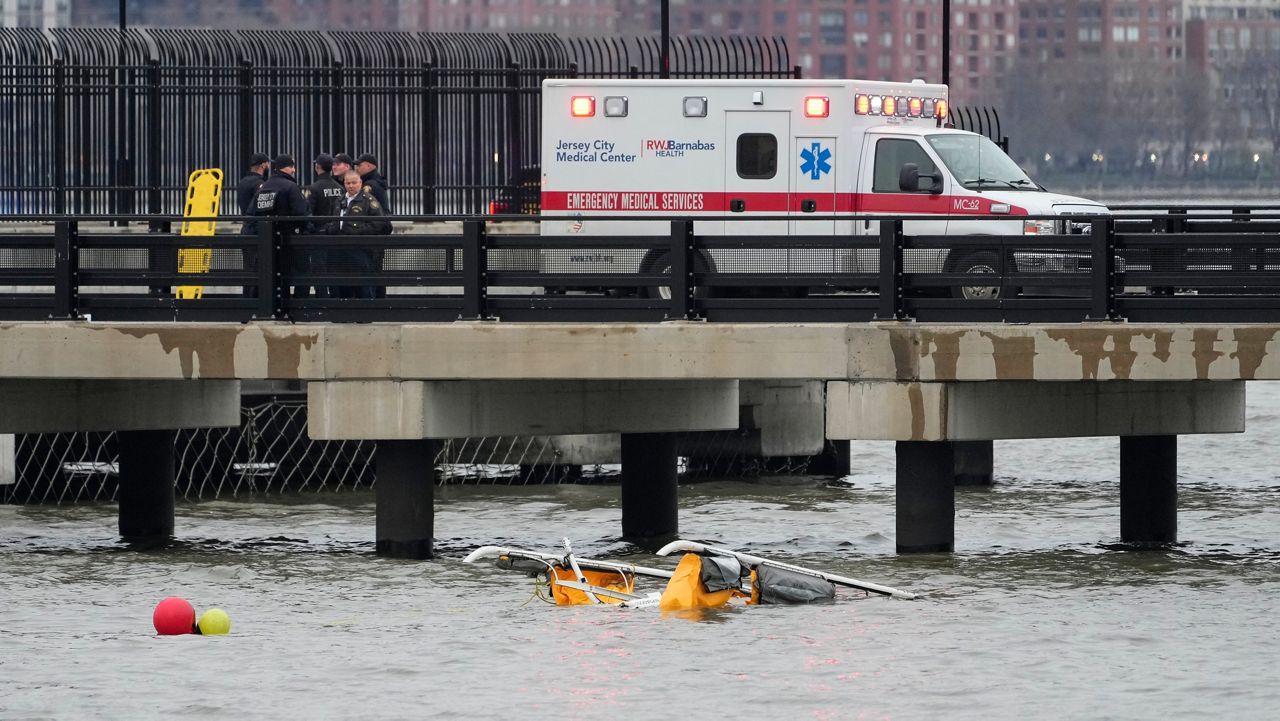New York City’s library systems have eliminated late fees and cleared all prior fines from cardholders’ accounts, immediately restoring borrowing rights for 400,000 New Yorkers whose cards were blocked after hitting $15 in accrued fines.
The move will overwhelmingly benefit the city’s poorest residents, especially children. In each of the city’s three systems, branches that have the highest proportion of blocked cards are located in neighborhoods where many families earn well below the borough average for household income, according to a press release.
Late fees have been suspended at city libraries since the beginning of the pandemic. The library systems’ announcement Tuesday means that they will be suspended permanently going forward.
The city’s systems - the New York Public Library, covering Manhattan, the Bronx and Staten Island; the Brooklyn Public Library; and the Queens Public Library - are now together the largest urban library network to eliminate late fees, a policy increasingly embraced in large metropolitan systems.
Eliminating fines, especially during the pandemic, encourages vulnerable residents to use libraries for job searches and, increasingly, filing for rent protection, according to Melanie Huggins, the president of the Public Library Association, a professional organization of library workers.
“It’s just an acknowledgement that libraries are the first line of contact for so many critical community needs,” Huggins said. “The more welcoming and accessible we can be, the more we can help communities be resilient.”
Large systems that eliminated fines have seen immediate increases in users and returned materials. In the year after Chicago ended late fees, beginning in 2019, it saw 11,000 users return to the system, and the return rate of long overdue books jumped by 83%.
In announcing its fee elimination policy, the Chicago Public Library noted that research shows that fines do not increase return rates, and that the cost of maintaining data on and collecting fees often outweighs the revenue they provide.
Eliminating fees can also bring in new users, Huggins said, who may have avoided libraries for fear of incurring late fees. Low-income residents sometimes feel deep shame when having to come in person to pay or negotiate outstanding fines, she said.
“Ultimately, fines are barriers to library usage,” she said.
The fee elimination comes as New York City’s library systems are facing millions in budget cuts spread out over the next four years. The systems collected $3.2 million in late fees in fiscal year 2019, the last full fiscal year before the pandemic, according to the press release.
The fines, first instituted at the creation of the first library system, the NYPL, at the end of the 19th century, led to 50,000 New Yorkers receiving debt collection letters each year due to unresolved fines above at least $25, according to a report in Gothamist. The letters did not result in court actions, but often rattled library patrons, Gothamist reported.
Now, cardholders will only be required to pay replacement fees for lost physical material, and will have their cards blocked if they accrue replacement fees. The threshold for having a card blocked differs by system. Cardholders can still access libraries, as well as computers and e-books.


